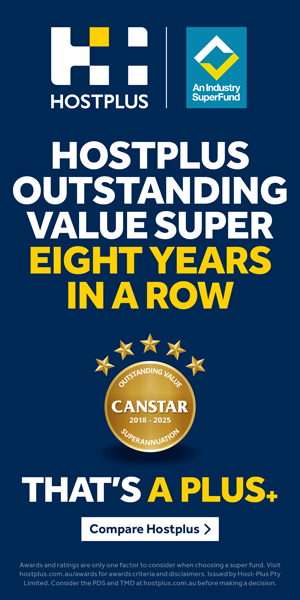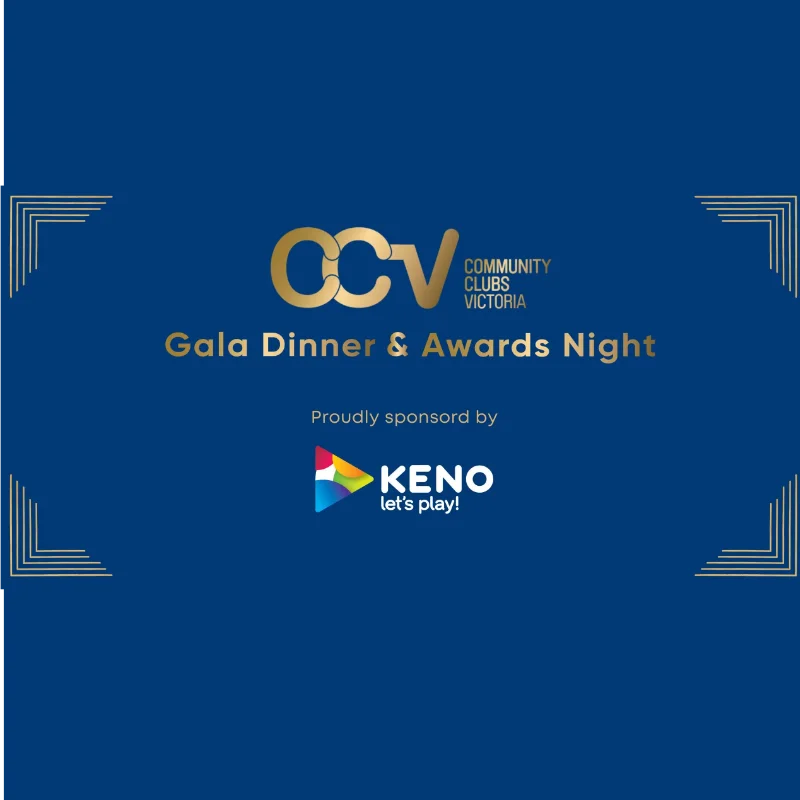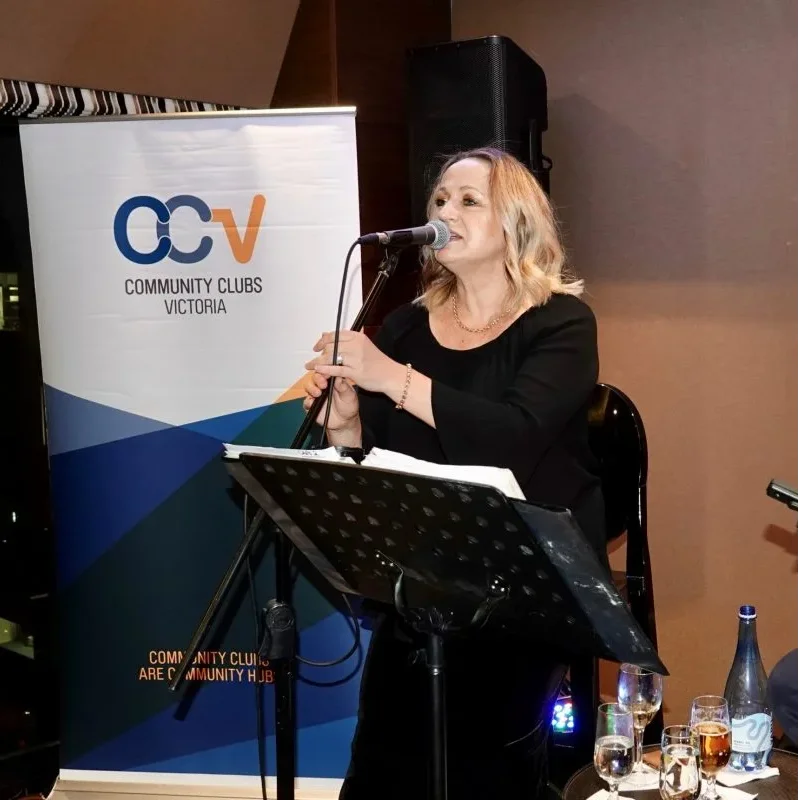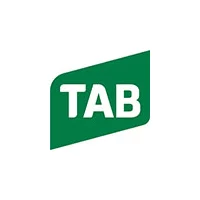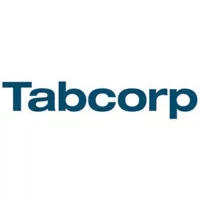Publications
The ATO has revised its guidance on the games and sports income tax exemption for not-for-profit clubs.
While the application of the exemption has not changed, Taxation Ruling 2022/2 does provide further clarifications and references the Word Investments High Court case. This ruling replaces Taxation Ruling 97/22, which has now been withdrawn.
TR 2022/2 relates to the exemption of not-for-profit clubs from income tax. The games and sports exemption is applicable to a club (including societies and associations) where it:
• is founded for the primary goal to promote a sport or game
• does not have a profit motive for its individual members
• meets other special conditions under section 50-70 (including, is not carried on for profit or gain of its individual members)
What is included as a ‘sport’ or ‘game’?
TR 2022/2 clarifies that the terms ‘game’ and ‘sport’ also encompasses nonathletic activities such as chess or bridge, activities which involve machines to take part such as motor racing, and non-competitive activities such as mountaineering.
A requirement to qualify as a game or sport for the exemption includes key features that it typically has rules, expectations and conventions. Competition is also another general feature of a game or sport, however this is not essential.
When determining if a club qualifies for the exemption, it is important to consider the club’s primary purpose. To be eligible, the club’s main purpose must be the encouragement of a game or sport. Where another purpose, such as the encouragement of sociability, participation and relaxation dominates the promotion of the sport or game, this would not meet the criteria of a sport or game.
Commercial activities and purpose
Clubs that engage in commercial activities to earn revenue are required to objectively establish the degree to which commercial activities are a means to the required primary purpose of encouragement of a game or sport.
A club can establish a purpose of supporting a game or sport where it provides financial and in-kind contributions to other organisations that directly carry out those activities.
Examples of direct or indirect activities that show the promotion of a game or sport include:
• organising and conducting tournaments
• improving the abilities of participants
• providing purchased or leased facilities for the activities/game/sport for the use of members and visitors, and
• marketing.
It needs to be objectively demonstrated that these activities are conducted as a means to further the main purpose of encouraging the game or sport.
In cases where a club has another purpose outside sporting purposes, it will not meet the games and sports exemption unless the non-sporting purpose is merely in relation to carrying out its sporting business or independent from the sporting purpose but is less significant than the sporting purpose.
To establish whether the club has a primary purpose of promoting a game or sport, the circumstances and facts of each case needs to be assessed objectively, considering the following factors deemed relevant by courts and tribunals:
• the club’s constituent documents
• extent of sporting activities
• the conduct of activities directly connected to the game or sport
• member participation in the game or sport
• marketing of the organisation to the public as one that encourages a game or sport
• involvement of the committee management in the promotion of sport
• the use of surplus funds for promoting the game or sport, and
• the provision of financial and in-kind support for encouraging the game or sport.
Factors that work against the conclusion that a club’s main purpose is the encouragement of a game or sport, include:
• an emphasis in its constitution to provide a social club for members
• the provision of social facilities for members
• no direct involvement in fielding sporting teams or entering into competitions
• funding of game or sport only on an inconsistent basis, with its members taking priority
• the relative size and extent of social facilities provided for the benefit of members compared to the financial and in-kind support provided to sport and games.
Stephen O’Flynn, SW Accountants and Advisors
Director, Tax
E [email protected]
Tim Stillwell SW Accountants and Advisors
Director, Business and Private Client Advisory
E [email protected]
If you would like to see view previous articles, have a browse through the archive or use the search function
Loading…
In FY25, Victorian Keno players enjoyed almost 10 million wins worth more than $131.9 million.
For many club patrons across Victoria, FY25 was a year to remember – all thanks to a life-changing Keno win.
Victorian players had a standout year, tallying over 9.9 million Keno wins collectively worth than $131.9 million in prize money.
In FY25, Keno players across the eastern states of mainland Australia celebrated more than 76 million wins collectively worth more than $1.2 billion.
During this time, Keno crowned 20 millionaires and multi-millionaires who together took home more than $57.9 million. Two of these major jackpot winners were from Victoria.
Laverton woman thanks ‘manifestation magic’ for Keno win
A Laverton woman shared she was left thanking the universe after she scored a $60,000 Keno Classic 8 Spot prize at Club Laverton in the weeks leading up to last Christmas.
“It was a big surprise! Especially coming up to Christmas, it’s perfect!” she cheered.
“Do you want to hear something really funny? I just wrote in my diary the day before winning, ‘Thank you, universe, for my Keno 8 Spot win’. Then it really came true!
“I’m a firm believer in the law of attraction and manifestation, and I love affirmations!
“It was awesome seeing all eight numbers pop up on the screen.
“I’ve had a few wins in Keno over the years. It’s like the stars align for me when I play - it’s my thing!”
Club Laverton manager Gus Alimovski said the team happily shared in the excitement with their major Keno winner.
“What an incredible win for our patron! It’s always great hearing these winning stories, and now we have another one to share with our patrons,” he said.
“We’re thrilled for our customer, and we hope to see more Keno winners in our venue soon.”
All eyes on a winning FY26
Keno’s National Partner Manager Luke Harrison said he couldn’t wait to see which Victorian clubs welcomed the next big Keno winners.
“Last financial year, players at Victorian clubs celebrated some impressive victories,” he said.
“A key highlight has been the growing popularity of Keno’s Bonus and Replay features among club patrons. This trend reflects how venues are successfully connecting with their customers, sharing updates on jackpot increases, promotional offers, and game enhancements.
“When players opt into Keno Bonus, they unlock the chance to multiply their winnings by up to ten times, while the Replay option adds another layer of excitement.
“Many players are still unaware of these features, making it vital for staff to start conversations and educate them on the full range of Keno possibilities!”
Mr Harrison said the solid Keno performance at Victorian clubs last financial year laid a strong foundation for continued success in FY26.
“Clubs across Victoria are embracing fresh approaches to elevate the customer experience, and Keno’s rising popularity is playing a key role in that journey,” he said.
“There’s also a wide array of Keno resources available to clubs, from eye-catching point-of-sale materials to engaging promotions, all designed to keep the game front and centre.
“As the new financial year unfolds, Keno is looking forward to celebrating more big wins for Victorian club patrons, and more success stories for the clubs that host them.”
Contact your Business Development Manager to find out how Keno can best support your club in FY26.
Visit Keno Connect for more information on maximising Keno in your club - www.kenoconnect.com.au










